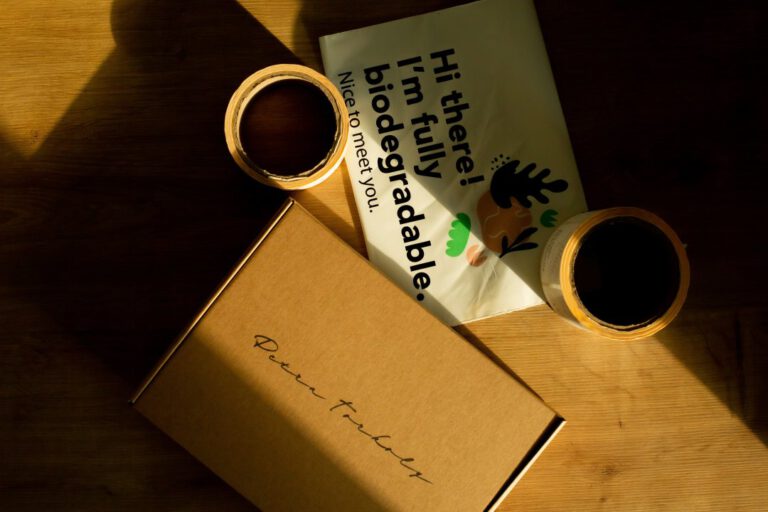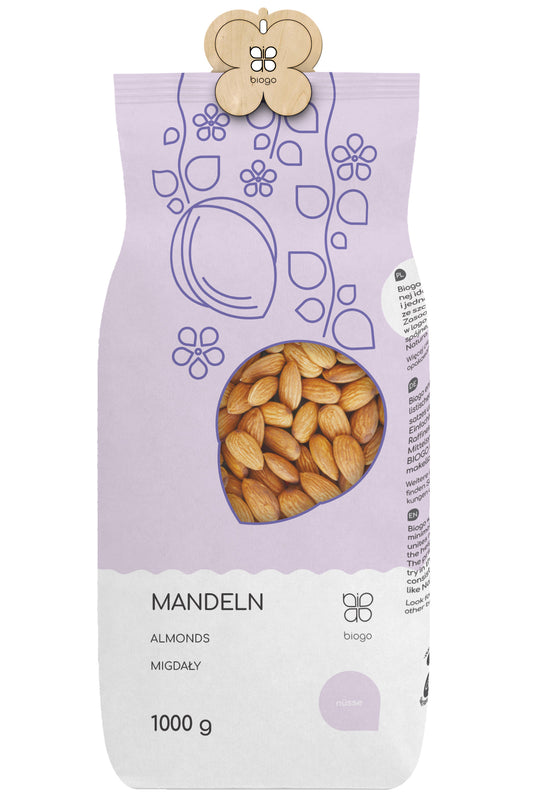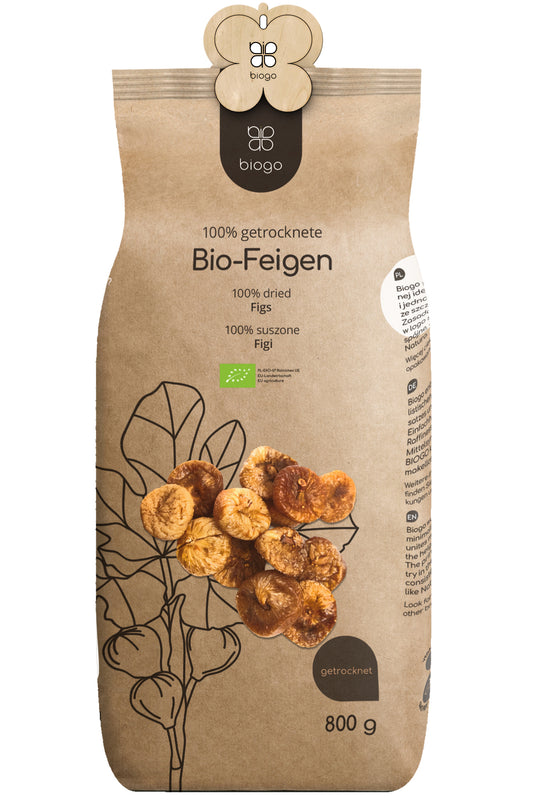Contents:
It has long been known that our behavior, habits, and lifestyles have an impact on the environment and waste production. Therefore, when shopping, we should choose products that can be recycled. Currently, we find packaging and bags labeled "biodegradable" in stores. What does this term actually mean, and can we have a clear "eco-conscience" when choosing packaging with this label?
Biodegradable, what is that?
Biodegradation is a process by which organic compounds are broken down into simpler chemical components—carbon dioxide, water, and biomass—under the influence of living organisms such as bacteria and fungi. It is also influenced by natural factors such as moisture, sunlight, and oxygen. Biodegradable products include bottles, food packaging, e.g., yogurt cups, plastic bags, and toothbrushes made of bamboo , which decompose without releasing any environmentally harmful substances. They look indistinguishable from plastic packaging and are marked with the appropriate certification stamp.
Let's look at what happens to some examples of trash when it ends up in a landfill instead of being recycled:
- It takes up to 6 months for a sheet of paper to decompose.
- It takes about 800 years for plastic bottles to decompose.
- Plastic bag about 450 years old,
- Cans – about 100 years.
However, biodegradable products, like vegetables and fruits, leave no trace. A bag made of cornstarch, for example, looks exactly like a plastic bag, and the difference is that the former decomposes like compostable waste, while the latter remains in a landfill for almost half a century. So does this mean that biodegradable and compostable mean the same thing?
Biodegradable and compostable
Even though biodegradable products decompose relatively quickly, that doesn't necessarily mean they're compostable, so we shouldn't use these terms interchangeably. While anything compostable is biodegradable, not every biodegradable product is. Compostable packaging must meet stricter criteria than those for biodegradation. The material is compostable if, under suitable conditions, it breaks down into non-toxic components within 6 months. These products are certified compostable.
Finally, it's important to note that, with all the hype surrounding choosing biodegradable products, it's crucial to properly sort your waste so that the desired results are actually achieved. Proper sorting ensures that biodegradable waste reaches a place where it can be properly disposed of and become natural fertilizer. So, let's be careful about which container we put our trash in, and even better, bring our own reusable shopping bags, drink coffee from our own thermos, and choose products in the store that are free of unnecessary packaging.
THE PUBLISHER'S CHOICE
Dried dates 1 kg BIOGO
- £4.00
£5.00- £4.00
- Unit price
- / per
Almonds 1 kg BIOGO
- £11.00
£13.00- £11.00
- Unit price
- / per
Peeled sunflower seeds 1 kg BIOGO
- £3.00
£4.00- £3.00
- Unit price
- / per
Dried organic mango 400 g BIOGO
- £10.00
- £10.00
- Unit price
- / per
Dried White Mulberries 500 g ORGANIC
- £6.00
£7.00- £6.00
- Unit price
- / per
Popcorn (corn kernels) organic 1 kg BIOGO
- £6.00
- £6.00
- Unit price
- / per
Organic Ground Turmeric 500 g BIOGO
- £6.00
- £6.00
- Unit price
- / per
Milk thistle seeds 1 kg BIOGO
- £4.00
- £4.00
- Unit price
- / per
Dried organic figs 800 g BIOGO
- £27.00
- £27.00
- Unit price
- / per
Bag #changezbiogo Cotton v.2
- £3.00
- £3.00
- Unit price
- / per






































































































































